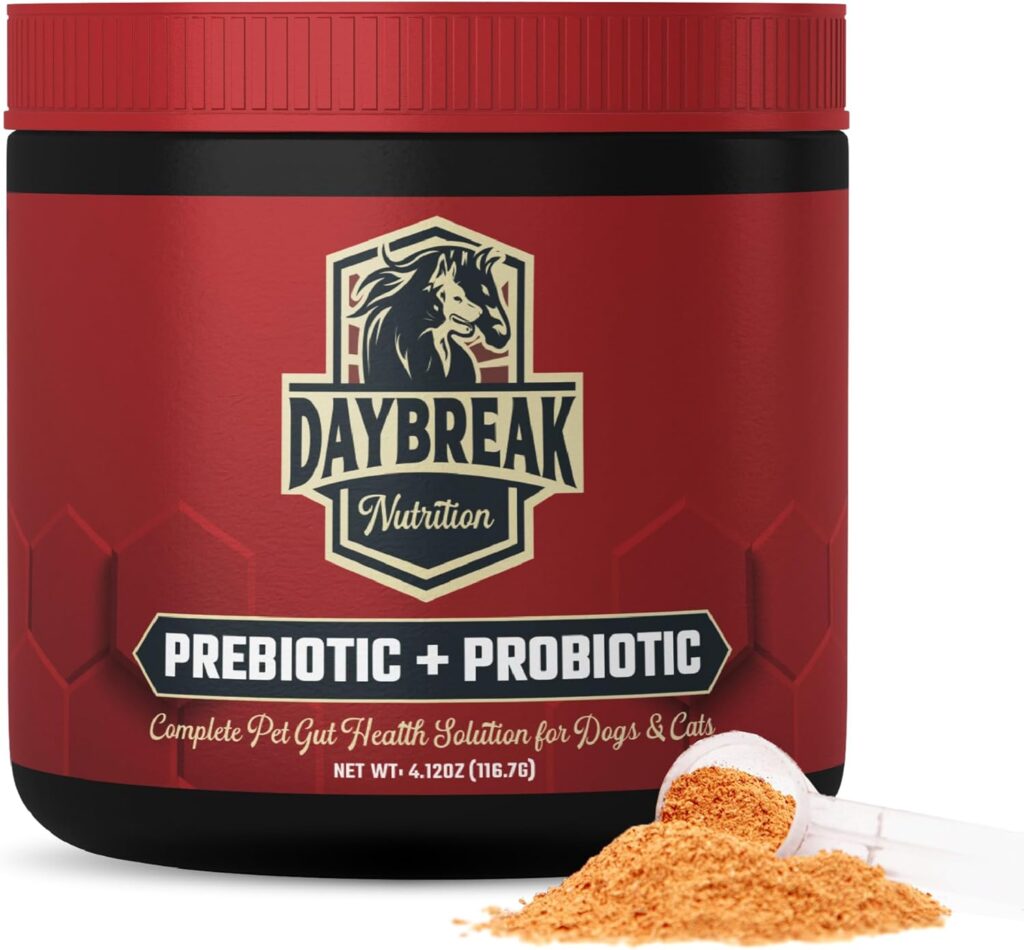Constipation in cats is a common issue that can be both uncomfortable and concerning for both pets and their owners.
When your cat is constipated, it may have difficulty passing stool, leading to signs of distress such as straining, loss of appetite, or lethargy.
While occasional constipation is normal, chronic constipation or signs of discomfort may indicate a more serious issue that requires attention.
In this post, we are going to explore 5 ways to ease cat constipation, starting with why most cats get constipated.
Let’s dive in!
Why Is My Cat Constipated?
There are several potential causes of constipation in cats, including:
- Dehydration: Not drinking enough water can cause stools to become hard and difficult to pass.
- Dietary Factors: Low-fiber diets or too much dry food can lead to constipation.
- Lack of Exercise: Cats that are inactive or overweight may have slower bowel movements.
- Health Conditions: Conditions such as megacolon (a disease that affects the colon) or nerve damage can lead to chronic constipation.
- Stress: Changes in environment, routine, or anxiety can contribute to digestive issues in cats.
With these causes in mind, here are five effective ways to help ease your cat’s constipation and support their digestive health.
5 Ways to Ease Cat Constipation
1. Use A Cat Probiotic and Prebiotic Powder
Probiotic and prebiotic powders are an excellent way to improve your cat’s gut health and ease constipation.
Probiotics introduce beneficial bacteria to your cat’s digestive system, improving gut flora balance, while prebiotics provide the food that helps these good bacteria thrive.
Together, they work to promote healthy digestion, improve stool consistency, and reduce the likelihood of constipation.
Adding a high-quality prebiotic and probiotic powder to your cat’s food can help restore digestive health and support regular bowel movements.
Out of all of the probiotic and prebiotic powders my cat has tried, her favorite is Daybreak’s new Prebiotic + Probiotic.
Daybreak’s Prebiotic + Probiotic is an excellent solution for managing cat constipation, as it combines 6 billion CFU of probiotics with natural prebiotics from flaxseed and pumpkin.
This powerful synbiotic formula helps promote healthy gut flora, improve stool quality, and reduce gas, supporting overall digestive health.
With 8 premium probiotic strains, including Enterococcus Faecium, this supplement works throughout the digestive tract to soothe sensitive stomachs and promote regular bowel movements.
Simply follow the directions on the back and you’re good to go!
2. Increase Water Intake
Dehydration is one of the most common causes of constipation in cats.
Cats that aren’t drinking enough water can experience dry, hard stools that are difficult to pass.
Ensure that your cat always has access to fresh, clean water, and consider offering wet cat food, which contains a higher percentage of water than dry kibble.
Some cats may prefer running water, so a pet water fountain can encourage them to drink more. Keeping your cat hydrated will help soften stools and promote healthy digestion.
3. Add Fiber to Their Diet
Fiber is essential for healthy digestion, as it helps move food through the digestive tract.
Adding fiber to your cat’s diet can improve stool consistency and ease constipation.
You can do this by offering fiber-rich foods such as canned pumpkin (plain, not spiced), or adding a fiber supplement specifically designed for cats.
Consult your veterinarian to determine the right amount of fiber for your cat, as too much fiber can cause other digestive issues.
4. Encourage Exercise
Regular physical activity is important for maintaining a healthy digestive system.
Inactive or overweight cats may be more prone to constipation due to slower bowel movements.
Encourage your cat to move by engaging in play sessions with toys, interactive games, or by providing opportunities for climbing or exploring.
Increased activity will help stimulate their digestive system and promote regular bowel movements.
5. Consult a Veterinarian for Chronic Issues
If your cat’s constipation is persistent or accompanied by other concerning symptoms, such as vomiting, lethargy, or loss of appetite, it may be time to consult with your veterinarian.
A veterinarian can rule out underlying medical conditions such as megacolon, gastrointestinal obstructions, or metabolic diseases.
In some cases, your vet may recommend medications or treatments to help relieve constipation and ensure your cat’s digestive health is properly managed.
Support Your Cat’s Constipation
Constipation in cats is a common yet manageable condition.
By providing your cat with proper hydration, adding fiber to their diet, encouraging exercise, and using supplements like prebiotics and probiotics, you can support their digestive health and prevent future constipation.
If your cat’s constipation persists or worsens, it’s important to consult with a veterinarian to identify any underlying issues and get the appropriate treatment.
With the right care and attention, your cat can enjoy a healthy, comfortable digestive system.
Thank you for reading!
Affiliate Disclosure
Some of the links on this site are affiliate links. This means that if you click on the link and purchase the item, we may receive an affiliate commission at no extra cost to you. I only recommend products or services that I believe will add value to my readers, however some (not all) do pay us to be on this blog. Your support and theirs helps keep this blog running, and I genuinely appreciate it.
Medical Disclaimer
The information provided on this website is for educational purposes only and is not intended as medical advice. The content shared here is not written by a licensed veterinarian, and it should not be used as a substitute for professional veterinary diagnosis, treatment, or advice. Always consult with your veterinarian or other qualified pet healthcare provider before starting any new treatment or making changes to your pet’s health regimen.

